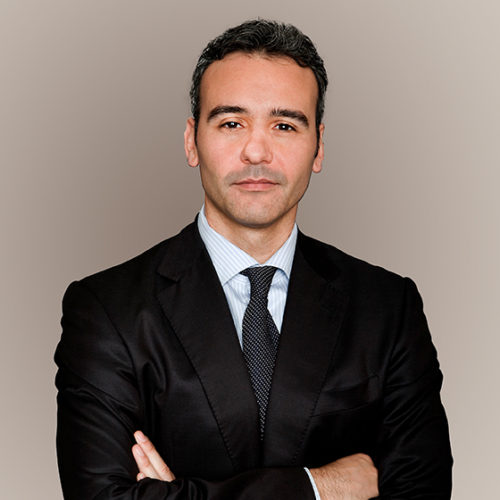The new criteria were established after analysing the following circumstances in issue: A resident of an EU country other than Spain (Belgium) holds a property in Spain which is not divided into individual flats (so called propiedad horizontal) and generates rental income from this property. As the property in question was only rented out for two days during the financial year in question, there was a controversy regarding the deductible expenses and the extent of their deductibility. Furthermore, the taxpayer only submitted a list of expenses incurred, without substantiating any of them with the corresponding documentary proof, e.g. invoices.
The TEAC had to decide which expenses should be recognised in full and which should only be recognised in part and in proportion to the number of days the property was rented out.
Following the criteria of the Spanish Supreme Court (Tribunal Supremo) on the deductibility of expenses related to rental properties, the TEAC determined that expenses such as property tax (IBI), insurance, community costs, utilities (electricity, water, gas, etc.) and other annual expenses are to be considered as partially deductible expenses according to the specific number of days the property was rented out and generated income. According to the court, repair and maintenance costs, on the other hand, are generally fully deductible. This differentiation did not take into account whether or not the taxpayer had provided documentary proof regarding the actual existence of the expenses and their connection with the rental property.
For the sake of clarity, the TEAC decided for each individual cost item claimed by the taxpayer whether and how they are to be considered. As such, the TEAC categorised the following costs as maintenance and repair cost: maintenance of the pool and garden, repairs of the hot water boiler and of leaks as well as pest control services (due to ants). These costs are fully deductible. The costs of utilities such as internet, electricity and water supply as well as home insurance are to be recognised in proportion to the number of days the property was rented out (2 out of 365 days). The court makes a specification regarding the homeowners’ insurance (seguro del hogar): the insurance costs can be deducted according to the days rented out in 2017; 2018 however, is not taken into account even if the insurance also covers (part of) 2018.
Albeit these criteria are not yet considered established case law (doctrina reiterada) with the effects of Article 239 of the Spanish General Tax Code (Ley General Tributaria, LGT), they harbour a certain relevance, as in this decision, the TEAC makes a clear distinction between fully considerable and only partially considerable deductible expenses.
